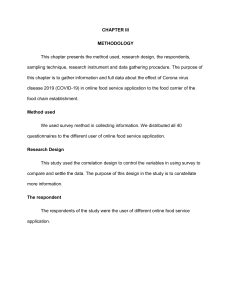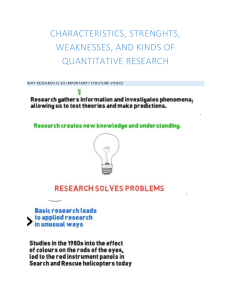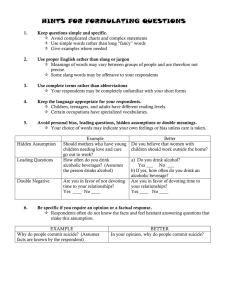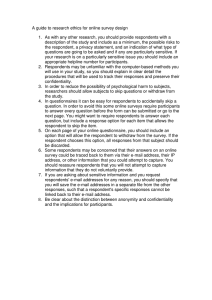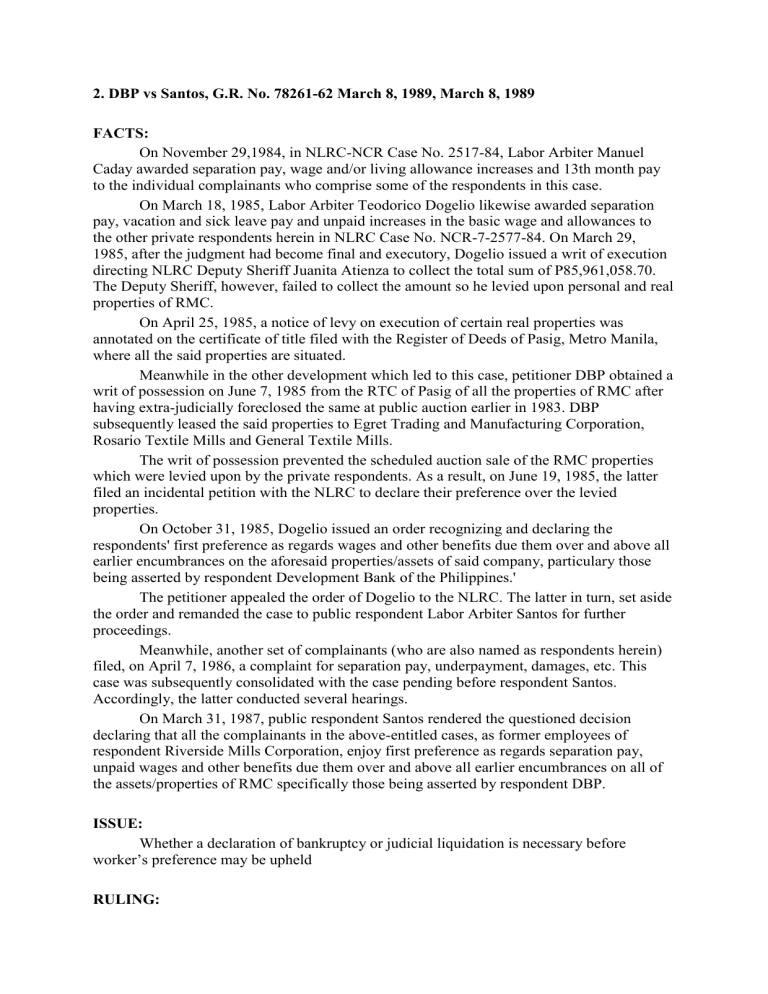
2. DBP vs Santos, G.R. No. 78261-62 March 8, 1989, March 8, 1989 FACTS: On November 29,1984, in NLRC-NCR Case No. 2517-84, Labor Arbiter Manuel Caday awarded separation pay, wage and/or living allowance increases and 13th month pay to the individual complainants who comprise some of the respondents in this case. On March 18, 1985, Labor Arbiter Teodorico Dogelio likewise awarded separation pay, vacation and sick leave pay and unpaid increases in the basic wage and allowances to the other private respondents herein in NLRC Case No. NCR-7-2577-84. On March 29, 1985, after the judgment had become final and executory, Dogelio issued a writ of execution directing NLRC Deputy Sheriff Juanita Atienza to collect the total sum of P85,961,058.70. The Deputy Sheriff, however, failed to collect the amount so he levied upon personal and real properties of RMC. On April 25, 1985, a notice of levy on execution of certain real properties was annotated on the certificate of title filed with the Register of Deeds of Pasig, Metro Manila, where all the said properties are situated. Meanwhile in the other development which led to this case, petitioner DBP obtained a writ of possession on June 7, 1985 from the RTC of Pasig of all the properties of RMC after having extra-judicially foreclosed the same at public auction earlier in 1983. DBP subsequently leased the said properties to Egret Trading and Manufacturing Corporation, Rosario Textile Mills and General Textile Mills. The writ of possession prevented the scheduled auction sale of the RMC properties which were levied upon by the private respondents. As a result, on June 19, 1985, the latter filed an incidental petition with the NLRC to declare their preference over the levied properties. On October 31, 1985, Dogelio issued an order recognizing and declaring the respondents' first preference as regards wages and other benefits due them over and above all earlier encumbrances on the aforesaid properties/assets of said company, particulary those being asserted by respondent Development Bank of the Philippines.' The petitioner appealed the order of Dogelio to the NLRC. The latter in turn, set aside the order and remanded the case to public respondent Labor Arbiter Santos for further proceedings. Meanwhile, another set of complainants (who are also named as respondents herein) filed, on April 7, 1986, a complaint for separation pay, underpayment, damages, etc. This case was subsequently consolidated with the case pending before respondent Santos. Accordingly, the latter conducted several hearings. On March 31, 1987, public respondent Santos rendered the questioned decision declaring that all the complainants in the above-entitled cases, as former employees of respondent Riverside Mills Corporation, enjoy first preference as regards separation pay, unpaid wages and other benefits due them over and above all earlier encumbrances on all of the assets/properties of RMC specifically those being asserted by respondent DBP. ISSUE: Whether a declaration of bankruptcy or judicial liquidation is necessary before worker’s preference may be upheld RULING: YES. A declaration of bankruptcy or a judicial liquidation must be present before the worker's preference may be enforced. Thus, Article 110 of the Labor Code and its implementing rule cannot be invoked by the respondents in this case absent a formal declaration of bankruptcy or a liquidation order. Following the rule in Republic v. Peralta, supra, to hold that Article 110 is also applicable in extra-judicial proceedings would be putting the worker in a better position than the State which could only assert its own prior preference in case of a judicial proceeding. Therefore, as stated earlier, Article 110 must not be viewed in isolation and must always be reckoned with the provisions of the Civil Code. The claims of all creditors whether preferred or non-preferred, the identification of the preferred ones and the totality of the employer's asset should be brought into the picture, There can then be an authoritative, fair, and binding adjudication instead of the piece meal settlement which would result from the questioned decision in this case. We, therefore, hold that Labor Arbiter Ariel C. Santos committed grave abuse of discretion in ruling that the private respondents may enforce their first preference in the satisfaction of their claims over those of the petitioner in the absence of a declaration of bankruptcy or judicial liquidation of RMC. There is, of course, nothing in this decision which prevents the respondents from instituting involuntary insolvency or any other appropriate proceeding against their employer RMC where respondents' claims can be asserted with respect to their employer's assets.
